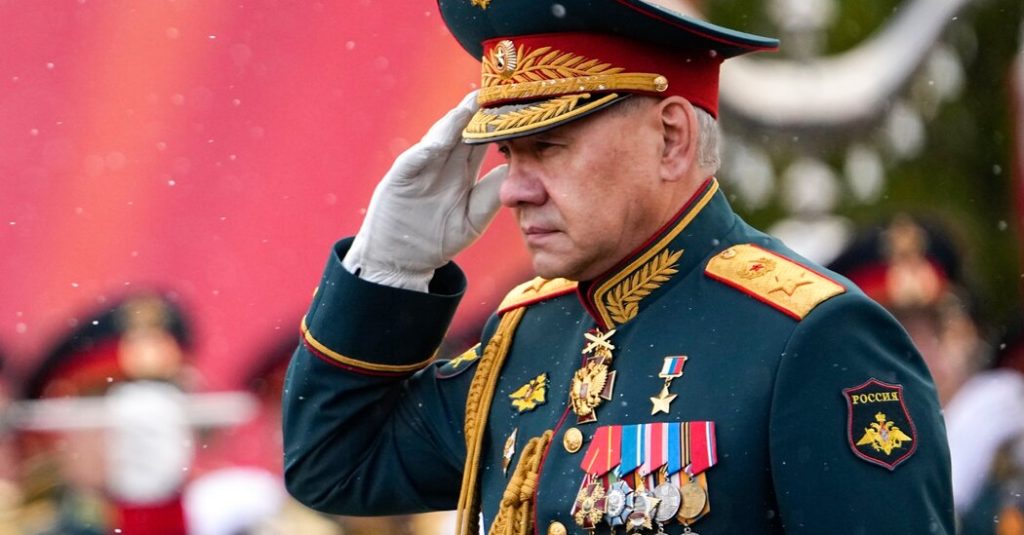President Vladimir V. Putin of Russia made significant changes to his national security team by replacing his minister of defense following his invasion of Ukraine. Sergei K. Shoigu was kept in the inner circle and appointed to run the country’s security council, while economist Andrei R. Belousov was nominated to become the new defense chief. The extent of Mr. Shoigu’s authority over the war effort remains unclear, and Nikolai P. Patrushev, who headed the Russian security council for 16 years, will be moved to another position.
The appointment of an economist to oversee Russia’s military surprised many Russian commentators, with Kremlin spokesman Dmitri S. Peskov citing the sharp rise in the defense budget over the past two years as the reason for the decision. This shake-up is rare for Mr. Putin, who values loyalty and had stood by Mr. Shoigu despite military failures early in the war and a mutiny by Yevgeny V. Prigozhin last summer. The arrest of one of Mr. Shoigu’s top deputies on corruption charges hinted at the possible shift in his stature.
Mr. Belousov’s appointment underscores the Kremlin’s success in maintaining the Russian economy amidst Western sanctions. The change in the national security team followed Mr. Putin’s fifth term as Russia’s president, during which his entire cabinet was dispersed as part of the government transition. While some ministers were renominated to their posts, Mr. Putin’s decision to replace his defense minister and reposition Mr. Patrushev suggests a strategic reorganization of his security apparatus.
Despite the reshuffle, Gen. Valery V. Gerasimov, the chief of the Russian general staff and the highest-ranking military officer, will remain in his post. The shift in Mr. Putin’s national security team comes at a critical time as Russia continues its military operations in Ukraine. The transition of key figures like Mr. Shoigu and Mr. Patrushev and the appointment of Mr. Belousov indicate a recalibration of Russian security priorities and the need to align the defense budget with the country’s economy. The implications of these changes on Russia’s military strategy and security posture remain to be seen.


